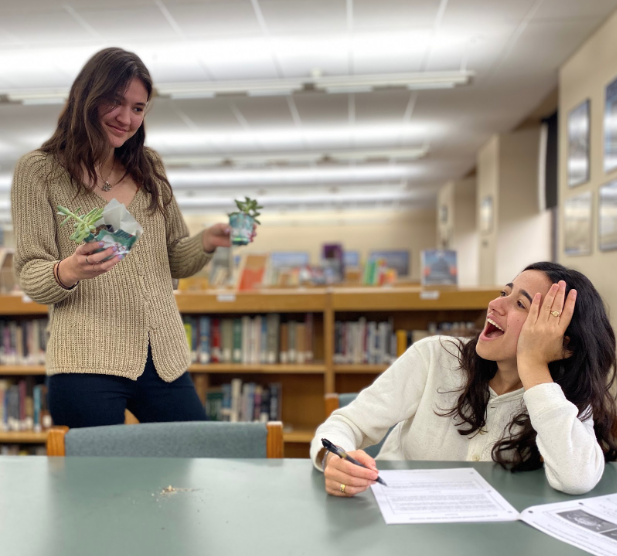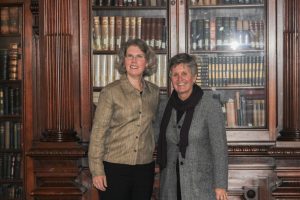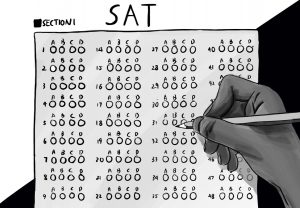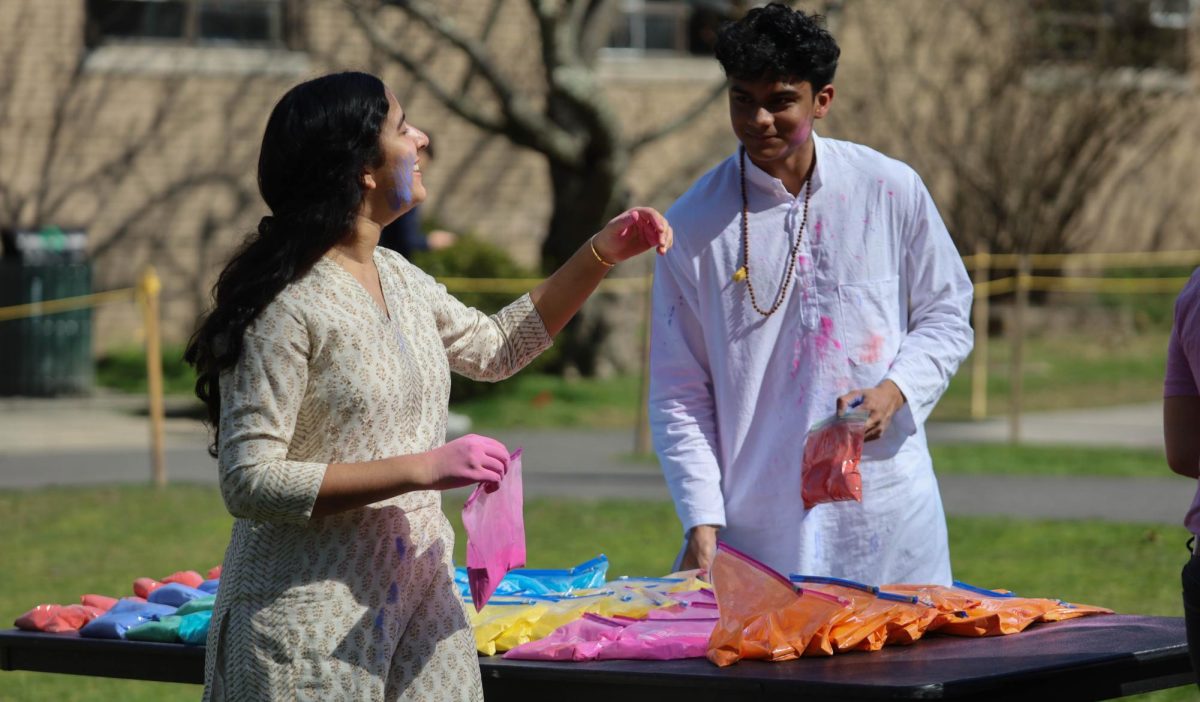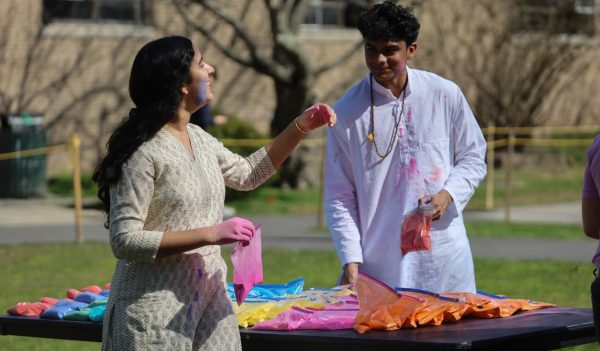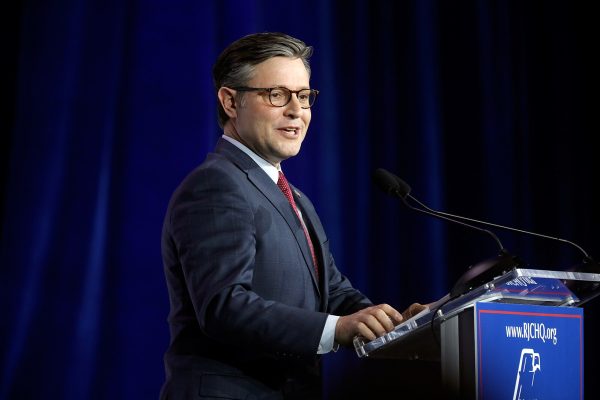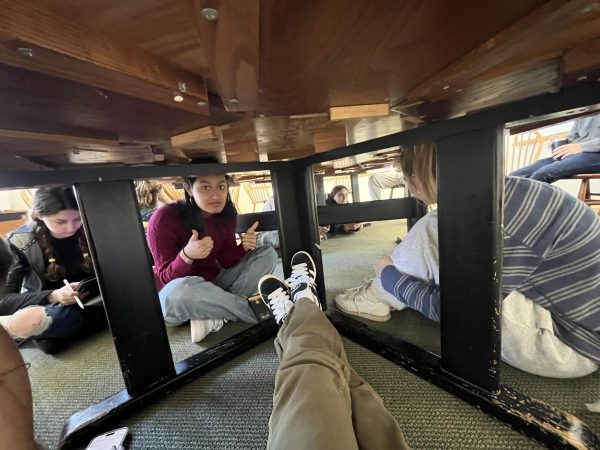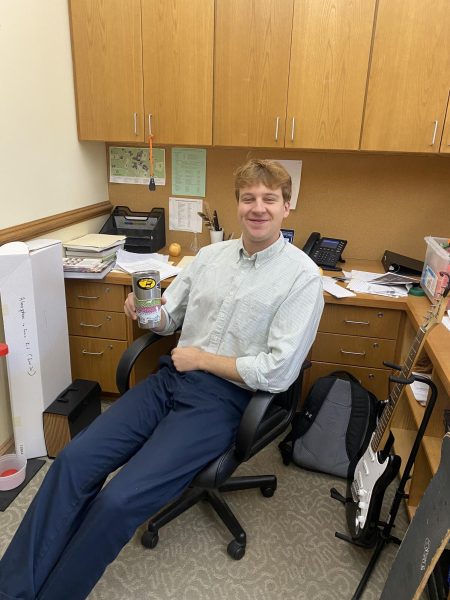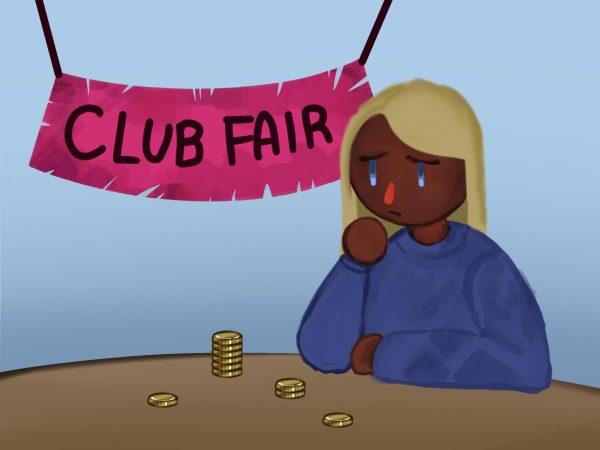Would you rather: community service or senior finals
Senior MISH representatives, Sophia Forstmann and Olivia Sharenow worked on a community service initiative that raised money for charity by selling succulents.
December 18, 2019
Masters Involved in Sharing and Helping, “MISH” has a large role in our community, from speakers at Morning Meeting, to class events, and Donation Days. But does listening to these presentations and giving a dollar every Day 5 enough to consider ourselves a “power for good in the world?” Although MISH is an excellent opportunity for good doing, there should be a heavier focus on community service, and finals seasons makes for a great time for seniors to do so.
A big aspect of the Senior Finals Bill, sponsored by Michelle Wei and Patrick Curnin-Shane, is its focus on community service. Specifically, exchanging those senior finals for community service by creating a new graduation requirement for seniors. It would essentially transform the time spent studying into time spent doing good for others.
From my perspective, this is a fantastic idea. Many other schools near Masters uphold a kind of community service requirement, and we should too. There should be an onus on us to knead this sort of good doing into our lives, both in high school and later on.
Since underclassmen are usually more “subject” to these requirements, especially with co-curriculars and the ACR, this responsibility should fall to seniors during the second semester. The motivation for academic success dramatically decreases after college acceptances, making finals nothing but tedium. That time would be way better spent on volunteering, something that most of us don’t prioritize enough.
The details of the requirement are yet to be set in stone, but with the disproportionate amount of time and stress that seniors have, compared to the rest of the student body, it only seems fitting. The primary reason for why the school does not have a service requirement is actually somewhat ironic: the statement “to be a power for good in the world” has been embedded into us, one of the intentions being that we will keep the needs of others in the front of our minds and give them our help and support. But if we are told to be a power for good in the world, how are we all expected to live up to this expectation if not learned through experience? We should be more cognizant that we have the responsibility to carry out those values proactively, and a senior community service requirement is a great way to do so while also doing good for others.




